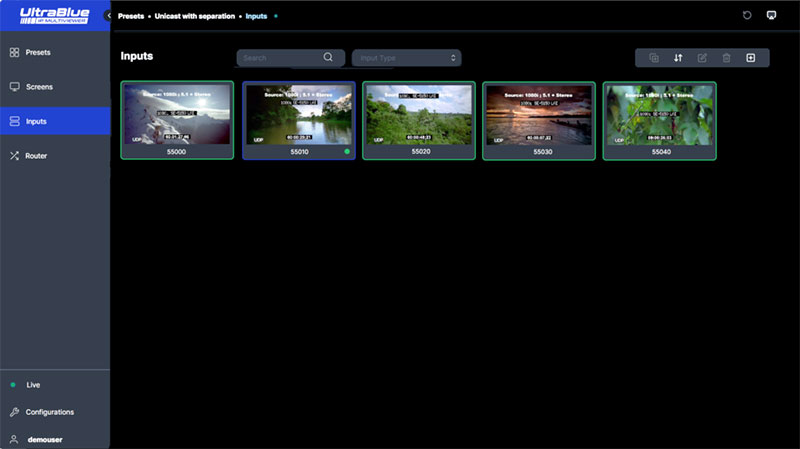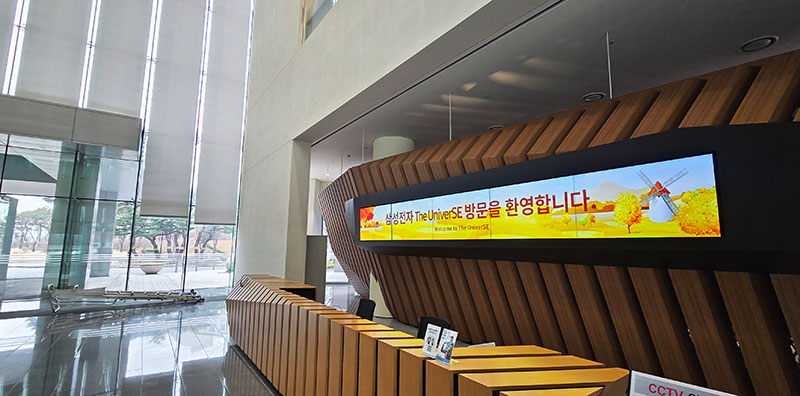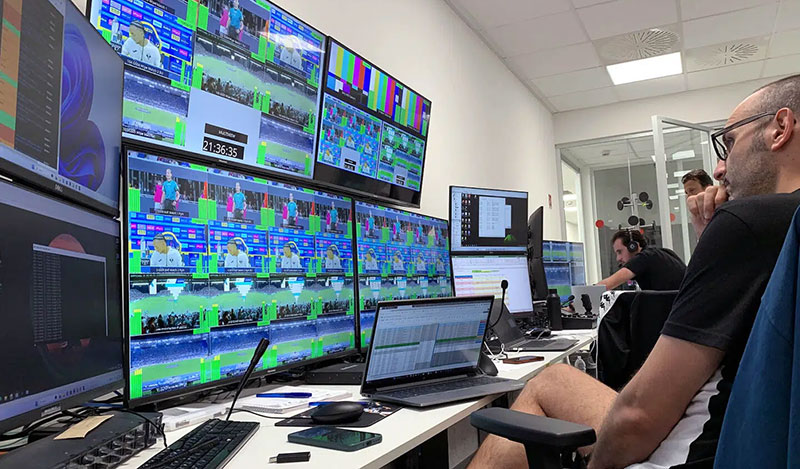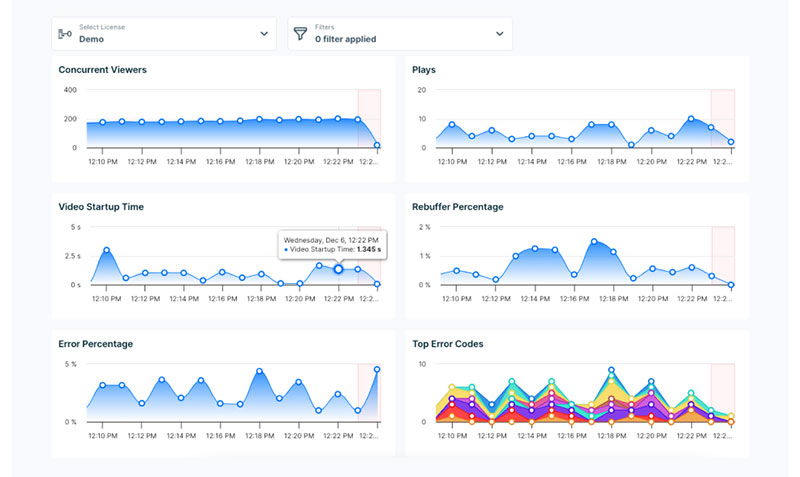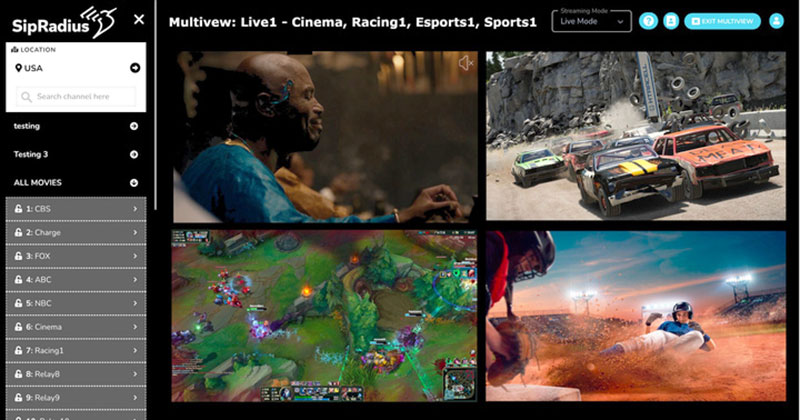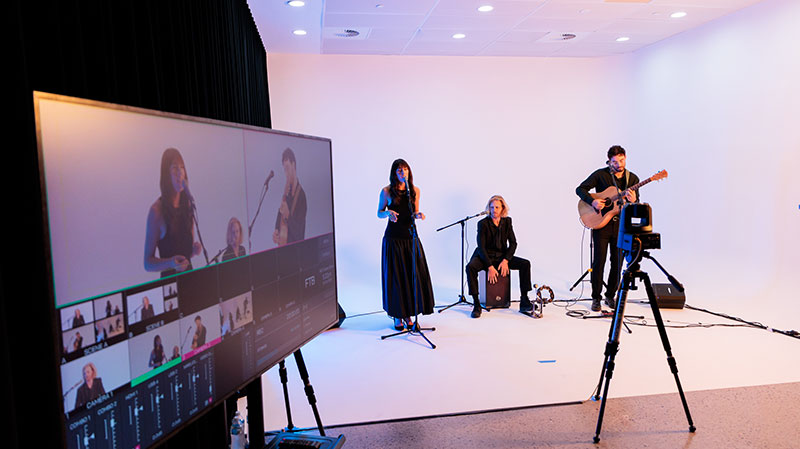Under a new contract, BBC Studios will use BLAM to automate its collection of assets, repurpose content and distribute directly to clients, its FAST channels and regional offices.
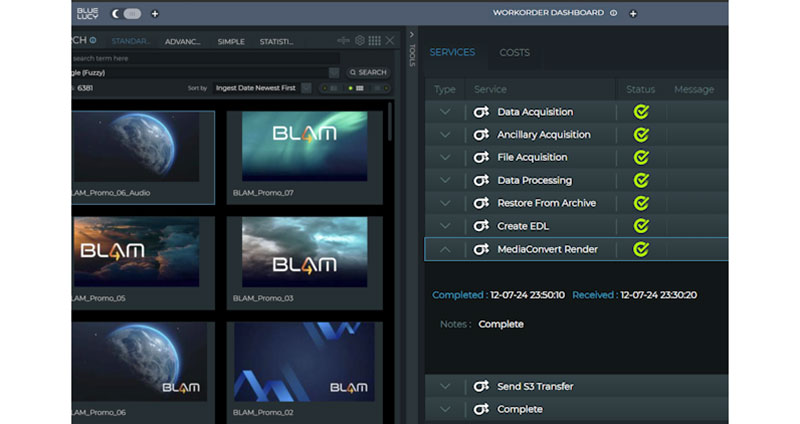
Blue Lucy has signed a multi-year contract with BBC Studios that extends a previous agreement in which Blue Lucy’s BLAM media management platform was deployed on BBC Studios' AWS instance. BBC originally acquired BLAM to coherently manage disparate content, implement a uniform data structure, and support distribution with basic content repurposing.
The company now has a huge number of assets to support international content delivery, but the material comes from disparate sources, needing labour-intensive processes that were not agile enough. Under the new contract, the company will use BLAM to automate the collection of assets, repurpose content and distribute directly to clients, its FAST channels and regional offices.
Automation with Human Control
BBC Studios’ content had been stored across various locations and platforms, using several different naming conventions and data structures, making it a challenge for the team to find the assets and associated information they needed.
BLAM is designed for automation, combined with human control. Team members participate in workflows only when necessary, helping to simplify new project implementation. Users can automate time-consuming parts of the workflow, leaving manual steps in between. Meanwhile BLAM orchestrates both processes, with tracking tools available over the whole project’s progress across both internal and external systems.
“Our use of BLAM has grown over the last three years, along with our understanding and customisation of the platform’s capabilities,” said Adam Jakubowski, VP technical operations at BBC Studios. “BLAM supports our teams’ agility and the demands of the business to manage, transform and monetise our content. New workflows have been rapidly iterated and integrated by the Blue Lucy team.”
Intelligent Quality Control
As BBC Studios also needs to ensure that historic content meets modern standards, BLAM orchestrates an intelligent quality control process during ingest. Here, the ability to combine automated and manual tasks improves efficiency.

The process starts with automated QC using Telestream Cloud Qualify and Yella Umbrella’s Nebula. Then, if the content fails the custom analysis rules and tests, BLAM automatically triggers manual QC using GrayMeta’s Iris Anywhere or Yella Umbrella’s Stellar. Because these tools are integrated into BLAM as part of a closed loop, the tasks can be completed without leaving the platform and results are tracked in a single user interface.
Instead of using an event-driven approach, closed-loop integration is achieved using Blue Lucy’s API. For the complexity and scale of an operation the size of BBC’s, API-driven is more appropriate.
Closed-loop integration creates and manages APIs, by using a company’s operational data, real-time and historical. Data is gathered from exisiting or previous application integrations, and analysed. Analysis results are used to optimise and speed up new and existing integrations, test APIs for security, adjust integrations consistently and so on. Conversely, event-driven architecture uses events – such as a change in state or a user's update – to trigger and communicate between services.
Searching and Content Fulfilment
Because manually searching for programme IDs in spreadsheets containing thousands of assets, and clicking each item to trigger delivery, was time-consuming and inefficient, the Blue Lucy team and BBC Studios together developed an accessible content fulfilment system. The content operations teams now use it to trigger BLAM Work Orders from outside the platform to orchestrate content searches, transcode media and gather supporting assets for delivery..
The original intention was that orders for content would originate from an upstream rights or work order management system, which would then push a request to BLAM to fulfil them. To create the necessary connection, Blue Lucy’s team set up the same process using Google Sheets. The BBC Studio team can prompt automated content searches, asset collection and media preparation by selecting from the dropdown menus in the Google spreadsheets. As the searches run, BLAM also writes data back into Google Sheets to update the team on progress.
To date, BLAM has supported BBC Studios' processing of over 20,000 titles / 100,000 assets under management, which equates to more than one and a half petabytes of data.
Automated Repurposing
BLAM has been especially useful in automating the processes involved in repurposing traditional broadcast content for BBC Studio’s FAST channels. For instance, it supports remote editing for content preparation, compliance and shortform promo creation in the cloud. Earlier on, handling such tasks would have required a team of people and dedicated facilities.
Through the workflow they now have, content can be automatically repurposed to remove bars and tone, create slates and add transitions with minimal user intervention. Furthermore, BLAM can fulfil deliveries as packages which, alongside the transcoded video for playout, include promotional material, various language subtitles, audio files and a metadata sidecar.
CEO of Blue Lucy Julian Wright said, "BLAM's low-code / no-code workflow configuration model makes it particularly attractive for businesses with rapidly changing objectives to support new revenue lines such as FAST channels. Blue Lucy’s engineers work directly with customers, gaining a detailed understanding of the requirements. Because BLAM’s architecture is based on microservices, bespoke sets of code can be developed and added to the system without disrupting the core functionality. bluelucy.com




